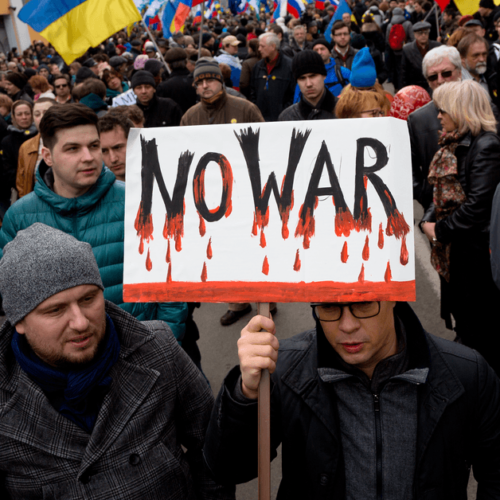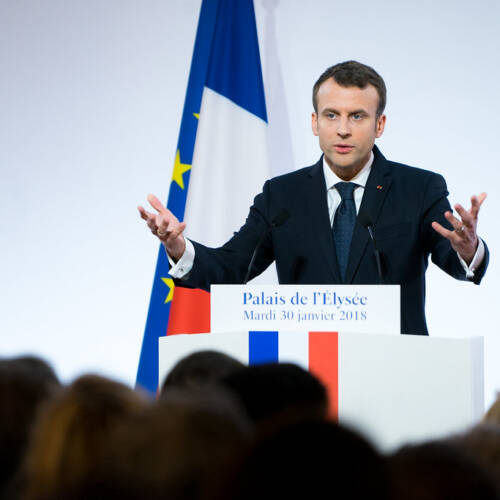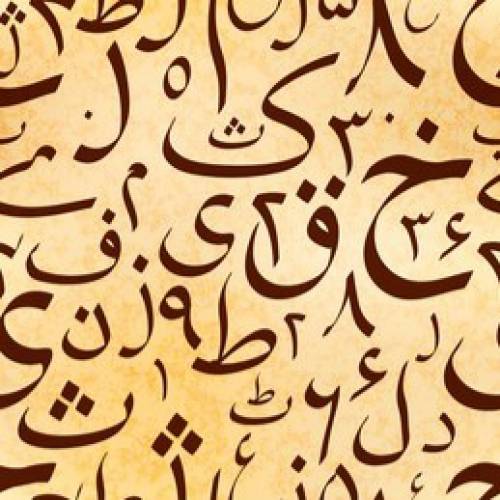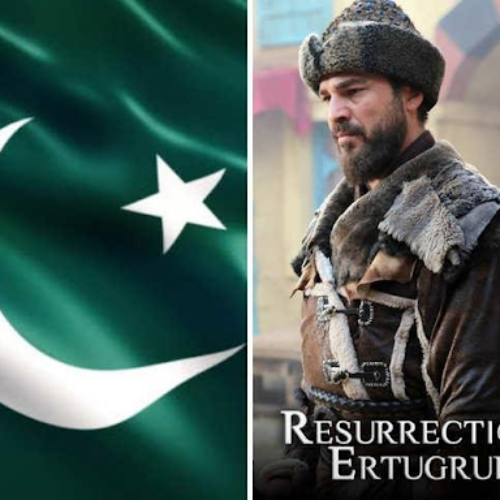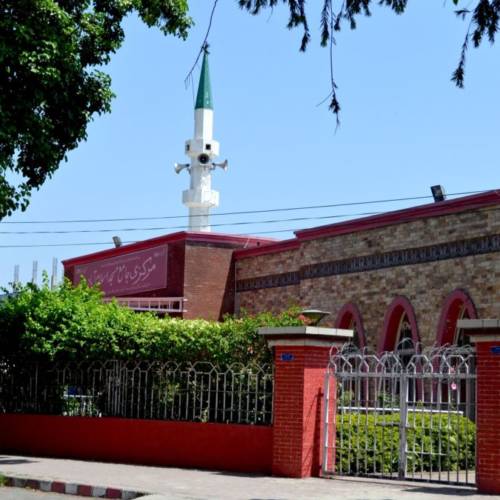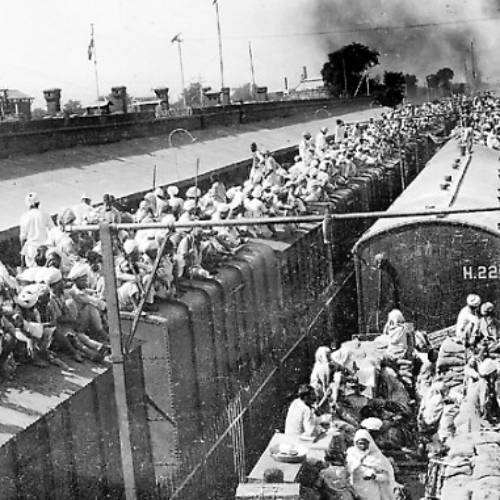
Turkey’s TV drama “Dirilis Ertugrul” takes over Pakistan
19 Jun 2020Labelled as the ‘Muslim Game of Thrones’, the historical drama focuses on the beginnings of the Ottoman Empire and the heroic stories of 13th century Turk leaders. The series has dominated the statistics in Pakistani viewership, but against its surging popularity comes questions about the political and cultural realities that face Pakistan and the Muslim world.
With the Urdu-language version of the show racking up over 250 million views on YouTube, Dirilis Ertugul follows the story of Ertugul, a Muslim Oghuz Turk leader, whose son, Osman I, founded the Ottoman Empire. But the show achieving an unprecedented response in Pakistan has essentially split public opinion over whether it helps promote Muslim values or simply threatens the Islamic culture.
The show has been receiving an immense amount of praise for the way it depicts historical Muslim figures and glorifies a daring and brave protagonist that acts as a role model for Pakistani youths. This promotion of the Islamic culture and history is quite in line with Imran Khan’s vision of establishing Pakistan as an ideal Islamic society as he has sought to boost Muslim culture amongst the youth population by endorsing the show himself.
Possibly the case, viewers are introduced to valiant Turk figures who bravely defend their kingdom against a host of external threats and may certainly chime with helping Pakistan understand the significance of Islamic civilisation and the need to protect its heritage and dignity. A positive depiction of Muslim figures in the media comes as a change many, including Pakistan’s Prime Minister, think will help combat rising islamophobia globally.
However, while it might be the case that a counter-narrative to Islamophobia is needed in the global media, some critics have displayed skepticism as to whether the show will have such an effect. In various episodes, for example, there are scenes with beheadings and extensive scenes of brutality which might prove to be controversial in not promoting the Muslim value system, but promoting violence instead.
Some have even pointed towards a possible identity crisis amongst Pakistanis from this depiction of 13th century Muslims that may spark concerns over its compatibility with modern Islam.
There have been questions surrounding the very intentions of Imran Khan’s endorsement of the TV show as well, and whether he is simply cosying up to Turkey in a bid to develop their relations. Although Turkish TV dramas have been viewed in Pakistan since 2012, long before Khan was Prime Minister. In various international meetings however, Pakistan’s leader has in fact held talks with other leaders of Muslim-majority countries, Turkey’s leader Tayyip Erdogan and Malaysia’s Prime Minister Mahathir Mohammad, to discuss rising issues surrounding Islamophobia and Muslim culture.
Certainly, pan-Muslim solidarity serves as a strategic asset for certain Muslim leaders across the world, Ertugrul being just one example of one country using its media as a vehicle for soft power and in turn extending its international influence.
This is possibly why Egypt issued an Islamic legal ruling against the series, creating a cultural alliance with Saudi Arabia and the UAE in banning such materials that promote what they perceive as threats to their own internal sovereignty.
Whether or not the historical drama is helping Pakistani society or not, its unquestioned popularity has brought other concerns to the table, regarding the future for Pakistan’s TV industry. With the country set for more Turkish TV dramas to be released, this will concern some as to whether Pakistan’s domestic medias are to the same quality as it’s outside competitors. Others would disagree and argue the local entertainment business will simply evolve and follow suit in producing shows that display Islamic values and histories in order to win back prime-time slots from foreign shows.






